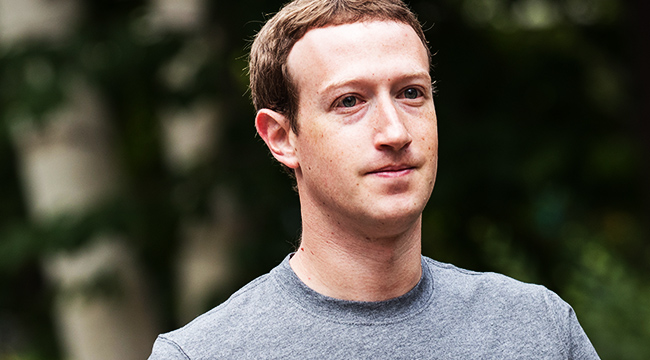
Much has been made about Facebook’s struggles with fake news, but little of it tends to ask whether the company’s corporate culture may be a factor. There have been rumblings, for quite a while, that Facebook may have an internal problem that extends deep into the company, and another sign of that turmoil just peeked out from behind the site’s bland exterior.
The Verge is reporting on Facebook higher-ups shutting down an internal company forum called FB Anon, which, over time, appears to have become where the company’s Trump supporters gathered… and, apparently, once again confirmed the stereotype of Trump supporters on the internet:
It gradually became a center for backers of Donald Trump as the election drew nearer, with many right-leaning workers using the forum and considering it a safe haven for their views….But some posts incited anger, including one that said code written by women was rejected more often than that produced by men because Facebook “lowered the bar to attract female engineers.”
Three months after FB Anon was shut down, Facebook CEO Mark Zuckerberg told employees that the company had taken these steps because the forum had been used to harass people. At the time of its closure, the company also reminded staff that they were free to discuss sensitive subjects on other platforms, but just not anonymously.
In other words, they acted like everyone’s least favorite Facebook uncle, although probably a bit more toxic and actionable, since presumably the company’s female engineers would not enjoy hearing their coworkers, or possibly their subordinates, convinced that penisis make people better at formal logic. We have to ask, do these people literally code with their genitalia? Because just slamming your junk against a keyboard has to chafe.
Anyway, no doubt an unspoken motivation here is Facebook wants to seem like a neutral platform. But as things unspool across the country and the world, the site once again has to answer questions about where the boundaries of free speech lie.
(via The Verge)
